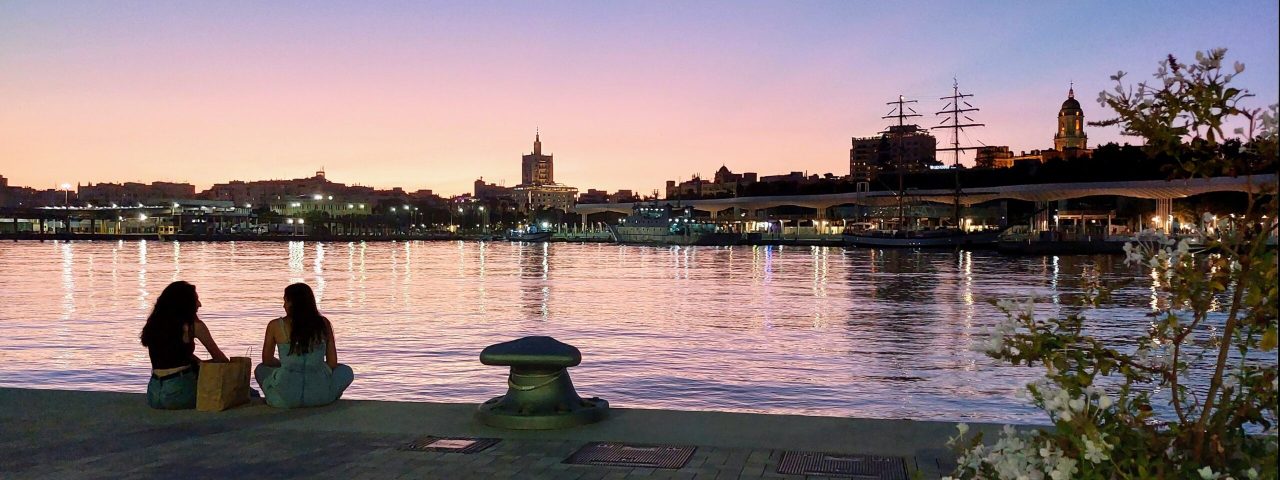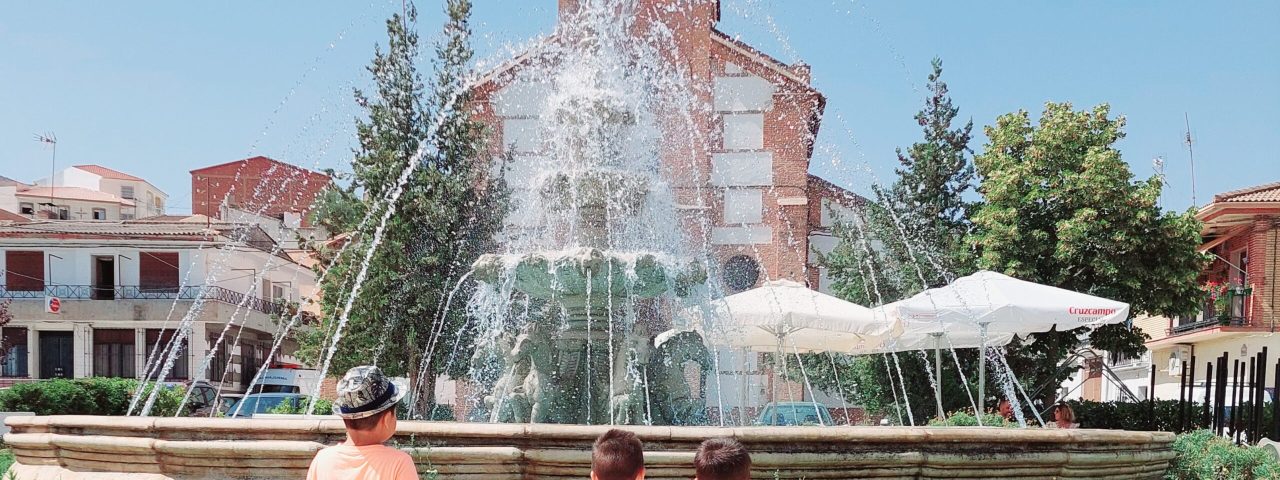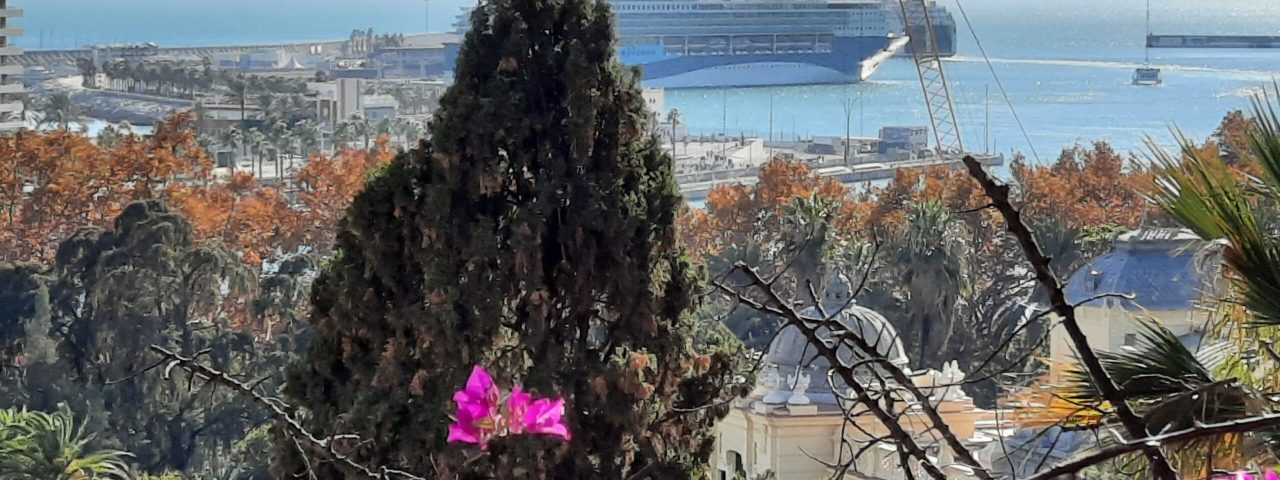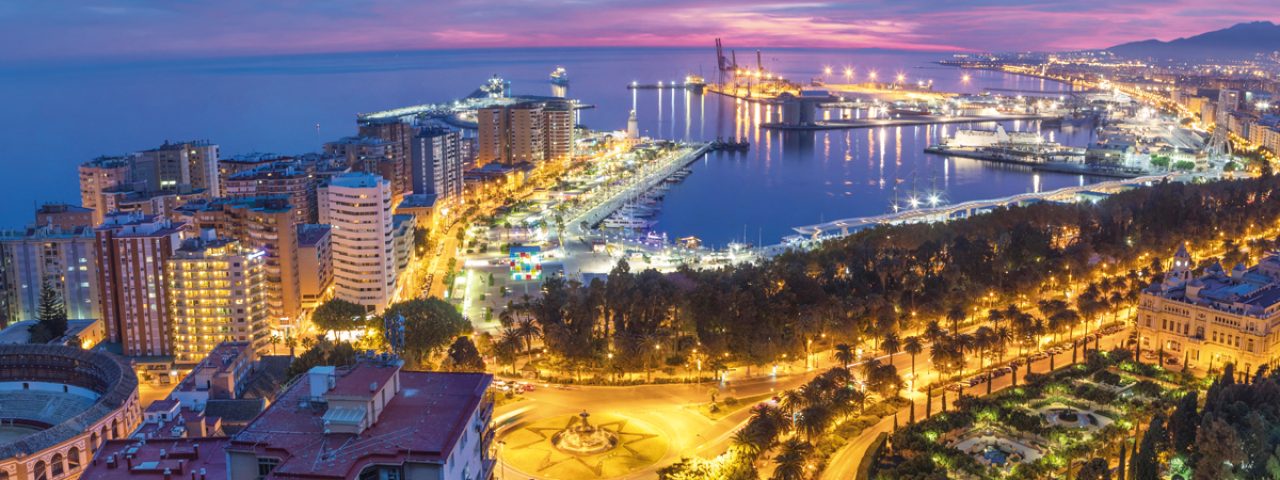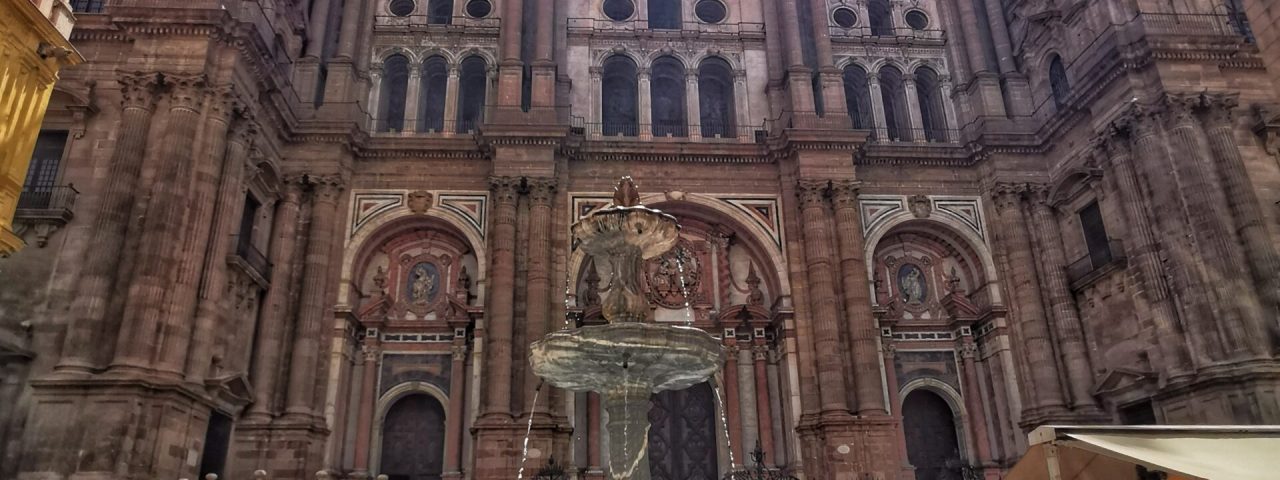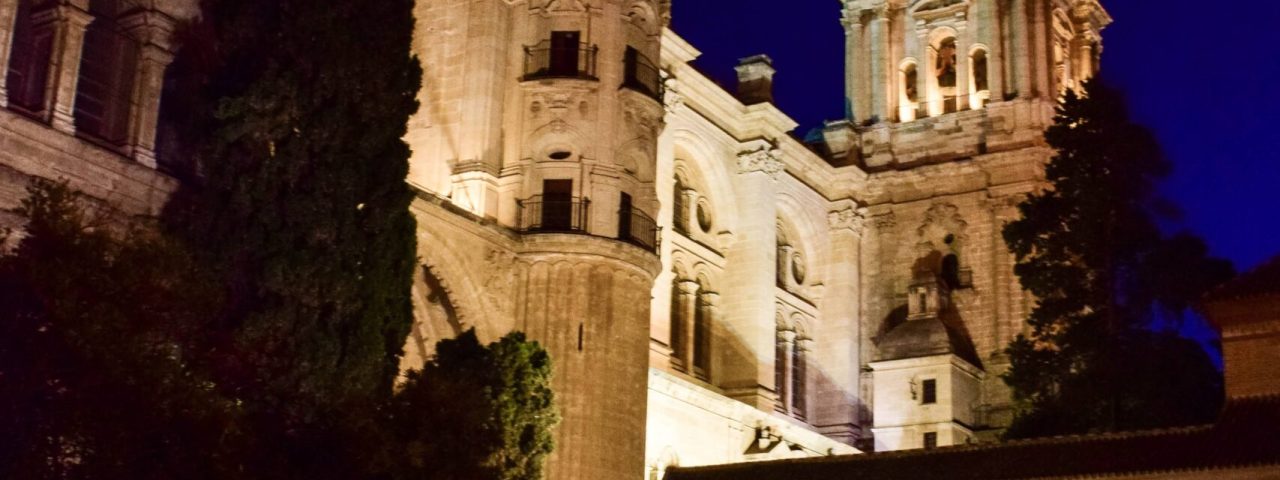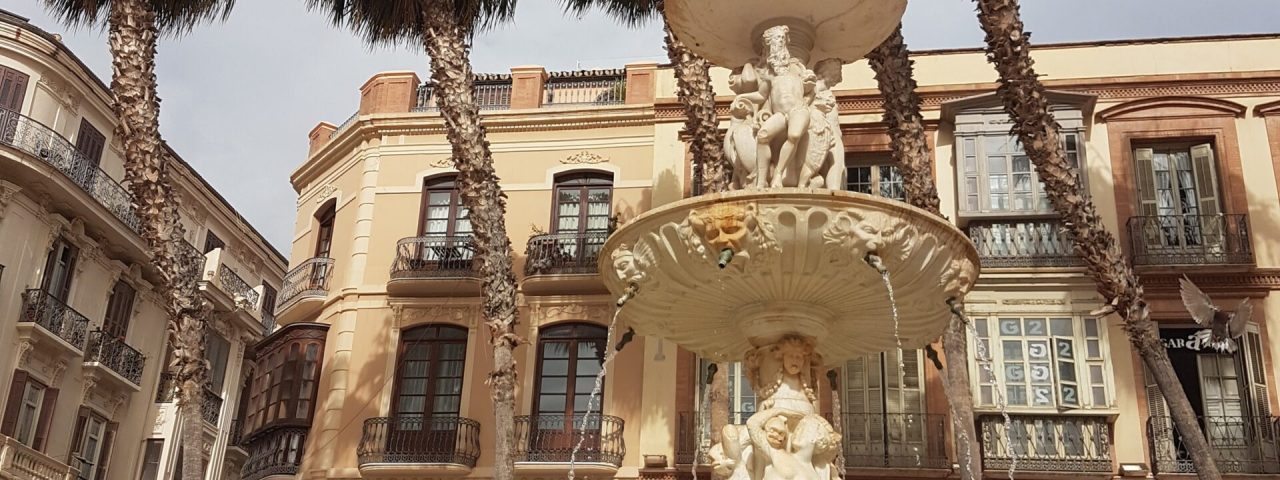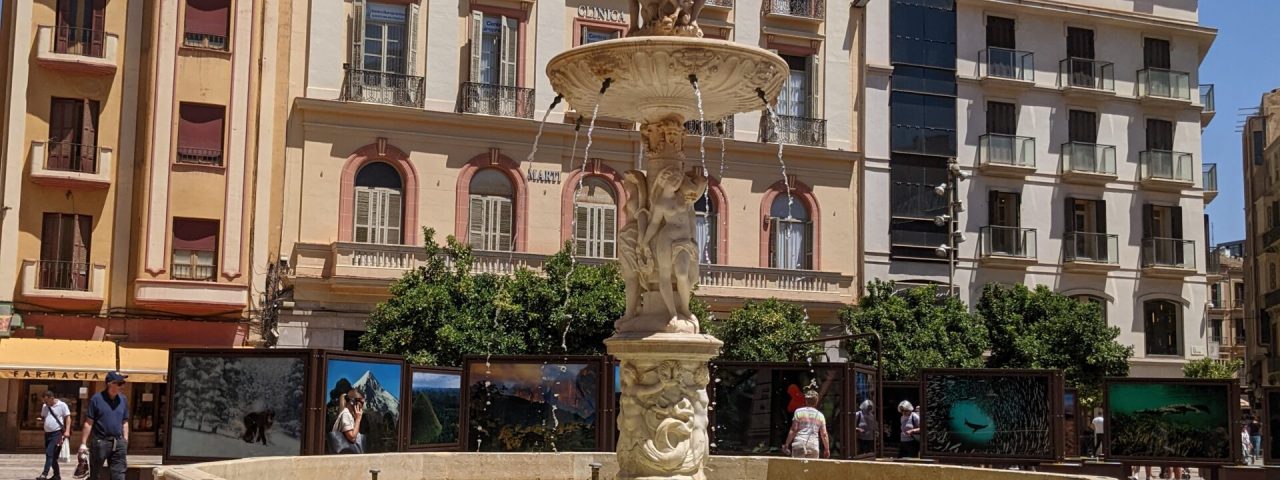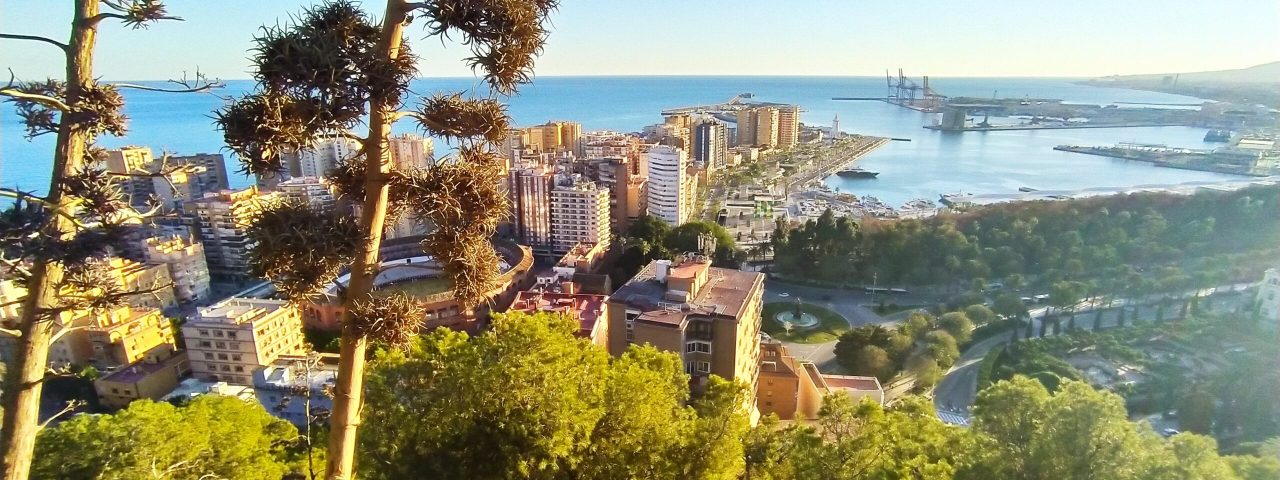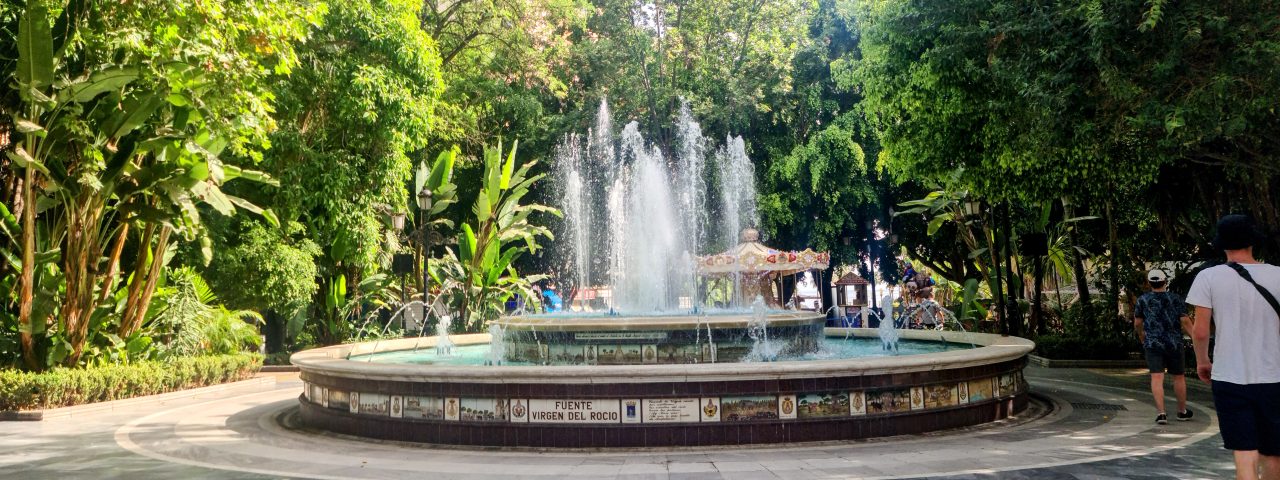Málaga’s history dates back over 2,800 years, making it one of the oldest cities in Europe. Founded by the Phoenicians in 770 BC, the city later came under Roman rule, and remnants of this period, such as the Roman Theatre, still exist today. After the fall of the Roman Empire, Málaga became a significant city under Moorish rule, which lasted for almost 800 years. This period left an indelible mark on the city’s architecture, culture, and identity, particularly in the form of the Alcazaba, a fortress-palace that dominates the skyline.
In 1487, the Catholic Monarchs conquered Málaga, leading to its integration into Christian Spain. The city’s Christian heritage is evident in its grand cathedrals and churches, most notably the Málaga Cathedral, often referred to as “La Manquita” due to its unfinished second tower. Málaga’s cultural diversity is celebrated through its many festivals, including the Feria de Málaga, a week-long celebration of Andalusian culture, and Holy Week, which is marked by impressive religious processions.
Málaga is a city where culture thrives. It is the birthplace of Pablo Picasso, and the Picasso Museum offers a deep dive into the artist’s legacy. The city is also known for its vibrant flamenco tradition, art galleries, and a year-round calendar of cultural events, making it a destination rich in both historical and contemporary cultural experiences.
